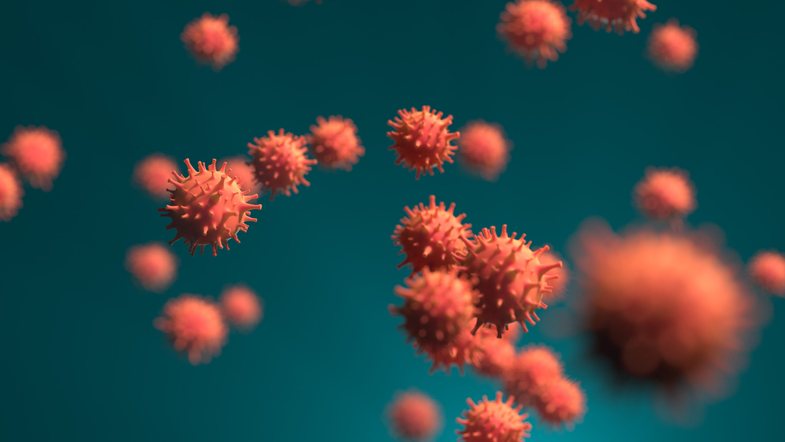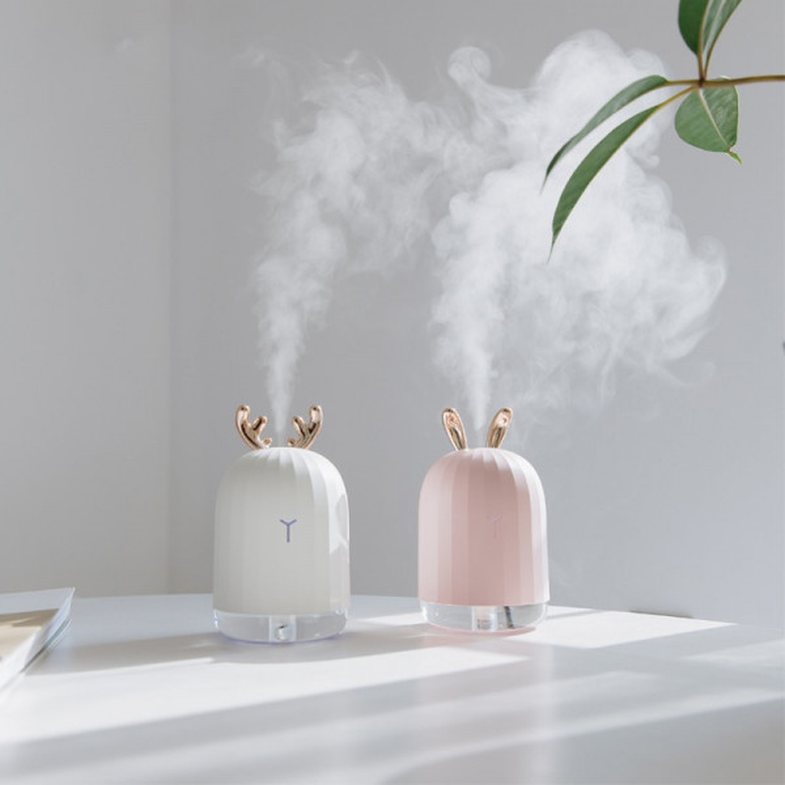
A Japanese supercomputer showed that humidity can have a major effect on the distribution of virus particles, indicating increased risks of coronavirus infection in dry indoor environments during the winter months.

The finding suggests that the use of air humidifiers may help limit infections during times when opening windows is not possible. The researchers used the Fugaku supercomputer and concluded that environments with humidity below 30% had a higher risk of contracting the virus.

In a study by an Indo-German team in August, it was concluded that the role of moisture is extremely important for the spread of Covid-19 in indoor air. In humid places, viral droplets rise and fall faster, reducing the chances of people getting the infection through the air when they breathe. In dry air, the micro-droplets stay more easily in the air. Dry air also makes the nasal mucosa drier and more permeable to viruses.
Burimet: Reuters, Leibniz Institute for Tropospheric Research





